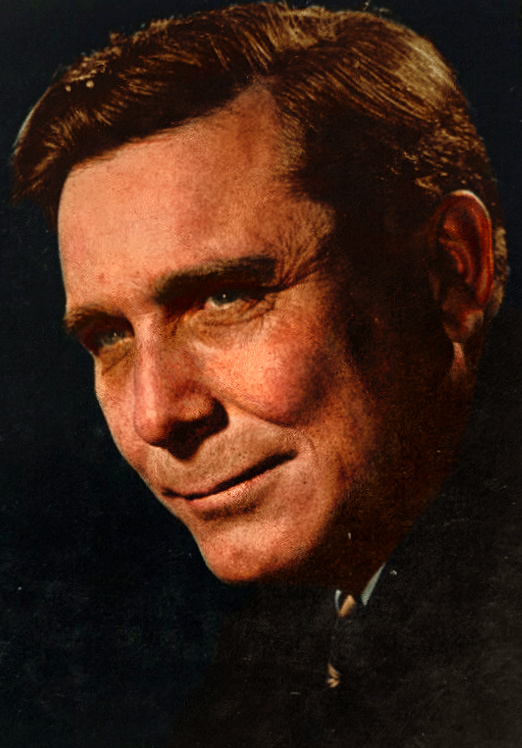The Pittsburgh Press (October 9, 1944)
Heart attack fatal to 1940 candidate

New York (UP) –
The body of Wendell L. Willkie, the small-town Indiana boy who became a nationally-known corporation executive, a presidential candidate and, later, America’s most influential private citizen, lay in state at the Fifth Avenue Presbyterian Church today.
Thousands of his friends and political followers filed into the church to pay their final respects.
Mr. Willkie’s death of coronary thrombosis early yesterday came with a suddenness that stunned a nation which always had regarded the tousle-haired husky-voiced Hoosier as the epitome of health and vigor.
The reaction was spontaneous and swelled all day yesterday and today as thousands of telegrams of sympathy poured in from friends, supporters, political opponents and admirers in all walks of life.
Mrs. Willkie at bedside
Only 52, the former Republican standard-bearer entered the Lenox Hill Hospital for routine treatment of a stomach disorder Sept. 6, but had been seriously ill only since last Tuesday, when a streptococcic throat infection and a lung congestion developed.
His temperature soared to 104 degrees and then subsided, but his heart weakened under the strain. The last of three violent heart attacks was fatal at 2:20 a.m. yesterday. Mr. Willkie left her own sickbed and arrived at her husband’s side five minutes before his death.
Funeral services will be held at 3:00 p.m. tomorrow but the time of Mr. Willkie’s burial will be determined by the return of hid only son, Lt. (jg.) Philip Willkie, USNR, who is on convoy duty in the Atlantic. Mr. Willkie will be buried at Rushville, Indiana, only a few miles from the little frame house at Elwood, where he was born Feb. 18, 1892.
Lamented by Roosevelt, Dewey
Mr. Willkie’s death came less than a week after that of another great American political figure and presidential candidate, Alfred E. Smith, who deserted the Democratic standard in 1940 to support the Hoosier’s Republican bid for the Presidency.
President Roosevelt and Governor Thomas E. Dewey both lamented his passing.
